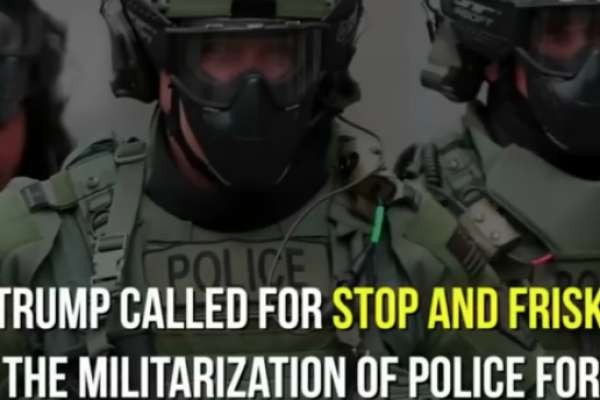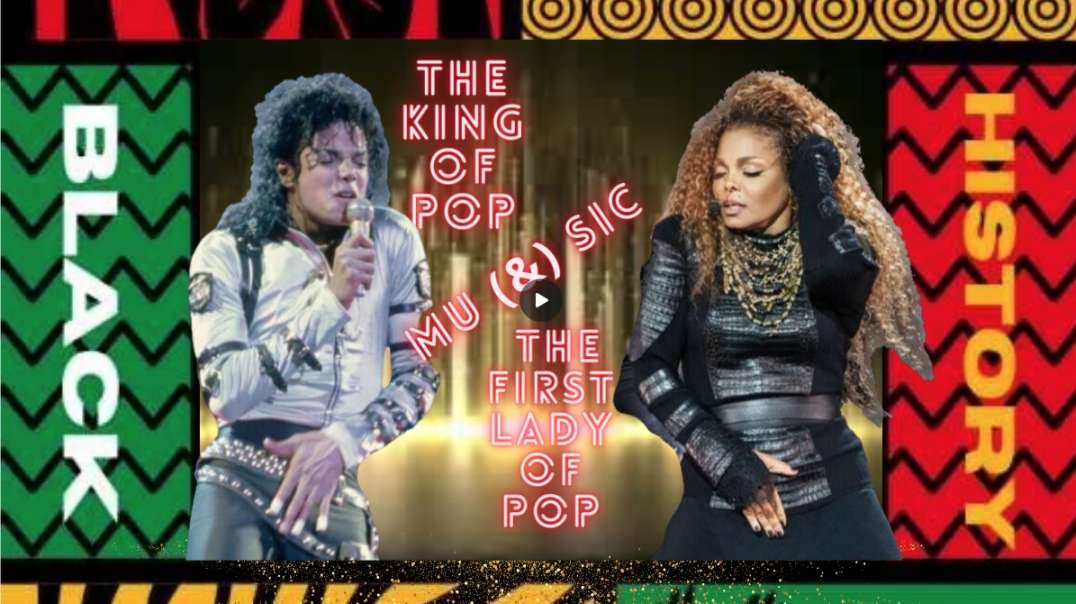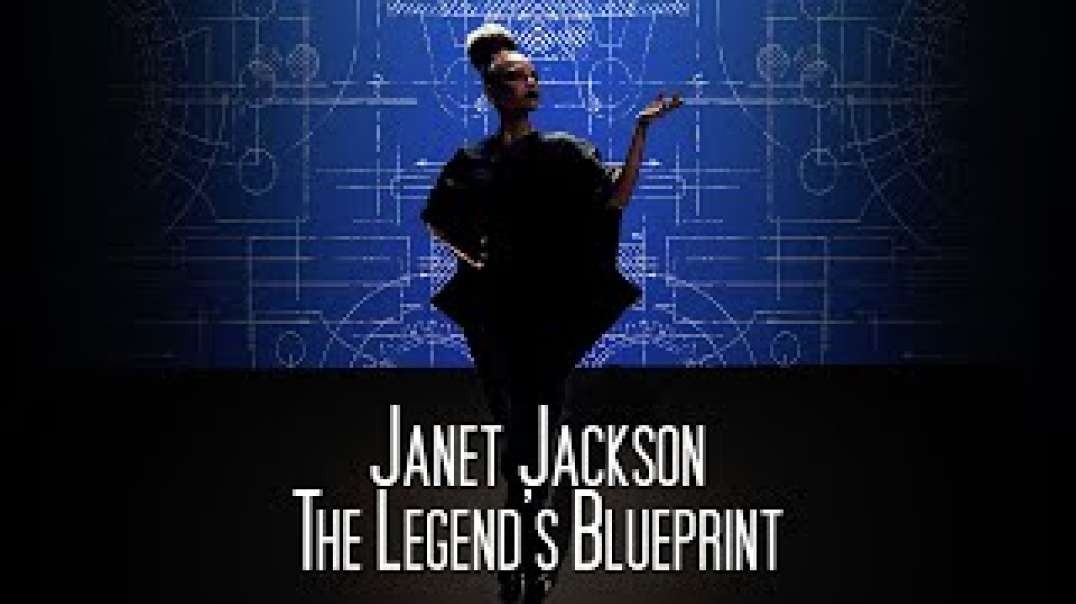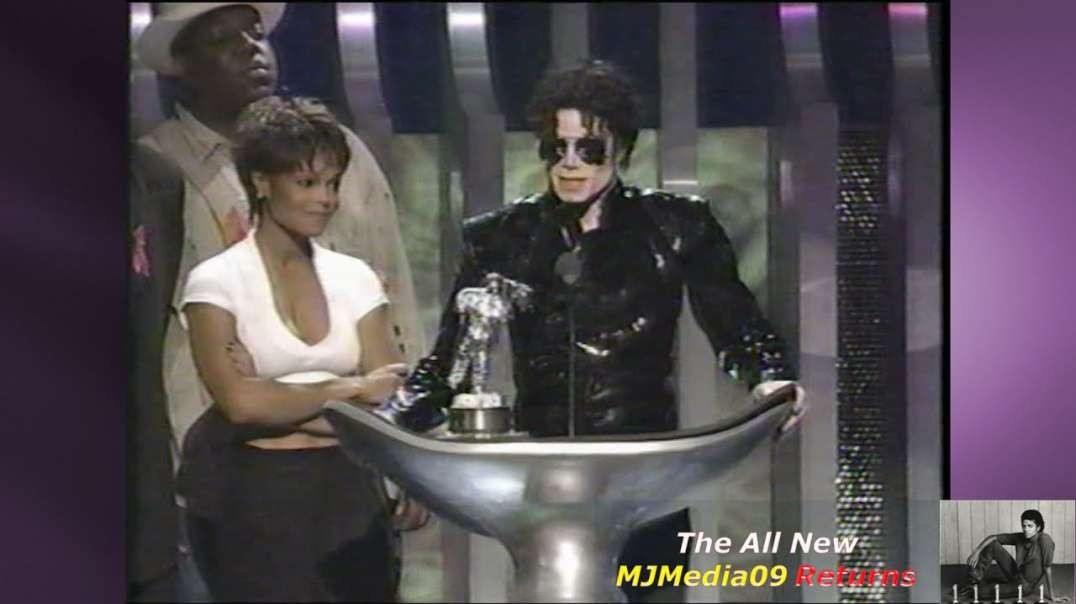Stop-and-frisk policies have long been a controversial issue in the United States, and the recent comments made by President Trump regarding the use of this tactic have reignited the debate. The practice of stop-and-frisk allows police officers to stop, question, and search individuals they deem suspicious, often leading to confrontations and allegations of racial profiling. In recent years, the use of stop-and-frisk has come under scrutiny for disproportionately targeting minority communities, mainly Black and Hispanic individuals. Critics argue that these policies are not only discriminatory but also ineffective in reducing crime rates. Despite this, President Trump has voiced his support for expanding stop-and-frisk practices, claiming that they are necessary to combat crime in urban areas. The issue of stop-and-frisk is deeply rooted in the history of policing in the United States, with many critics pointing to its origins in the era of slavery and Jim Crow laws. The practice has been used as a tool for controlling and intimidating Black communities, leading to a sense of fear and distrust of law enforcement among many individuals. Implementing stop-and-frisk policies has also raised concerns about erasing civil liberties and constitutional rights. Many argue that these practices violate the Fourth Amendment protection against unreasonable searches and seizures and the Fourteenth Amendment right to equal protection under the law. In light of these concerns, many cities have taken steps to reform their stop-and-frisk policies, including New York City, where the practice was ruled unconstitutional in 2013. However, the Trump administration's recent comments suggest a push towards expanding these tactics, despite the evidence that they do not effectively reduce crime rates. The issue of stop-and-frisk is complex and multifaceted, with implications for both public safety and civil rights. As the debate continues to unfold, it is essential for policymakers, law enforcement officials, and community leaders to engage in a meaningful dialogue about the impact of these policies on marginalized communities. In conclusion, the debate over stop-and-frisk policies in the United States is far from over. As we confront the challenges of crime and policing in our society, it is imperative that we consider the implications of these tactics on the rights and well-being of all individuals, particularly those in Black and minority communities. We can work towards a more just and equitable criminal justice system for all through thoughtful and inclusive discussions.
All Categories
- Black Wall Street Online
- How To Become a Millionaire
- Overcome.. / Flex your rights-now
- Sport/ Coming Soon
- BECOMING GREAT NOW / Shorts
- Arsenio /N. Cannon /The Breakfast Club
- Black History & Inventor/ DOCUMENTARY
- Comedy/Wild 'N Out
- Ancestry /Movies/ Entertainment
- News & Politics
- Music
- ROBE Member Only









No Comments